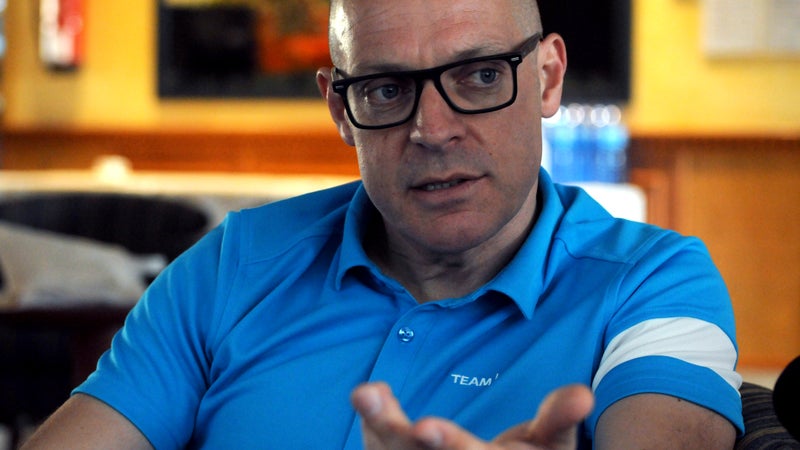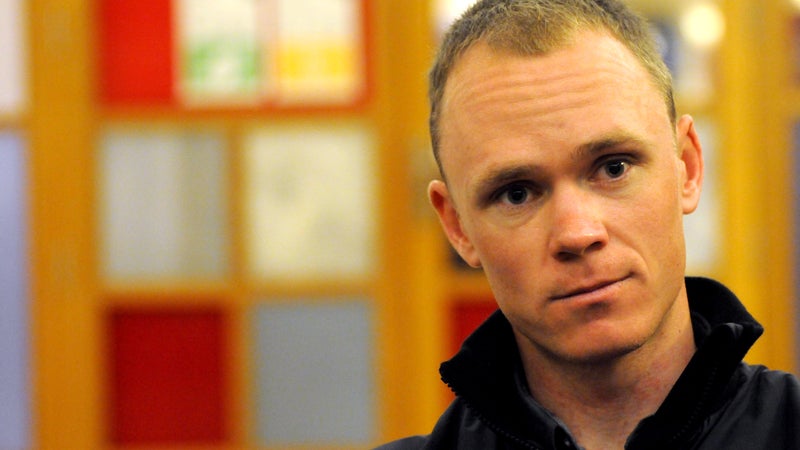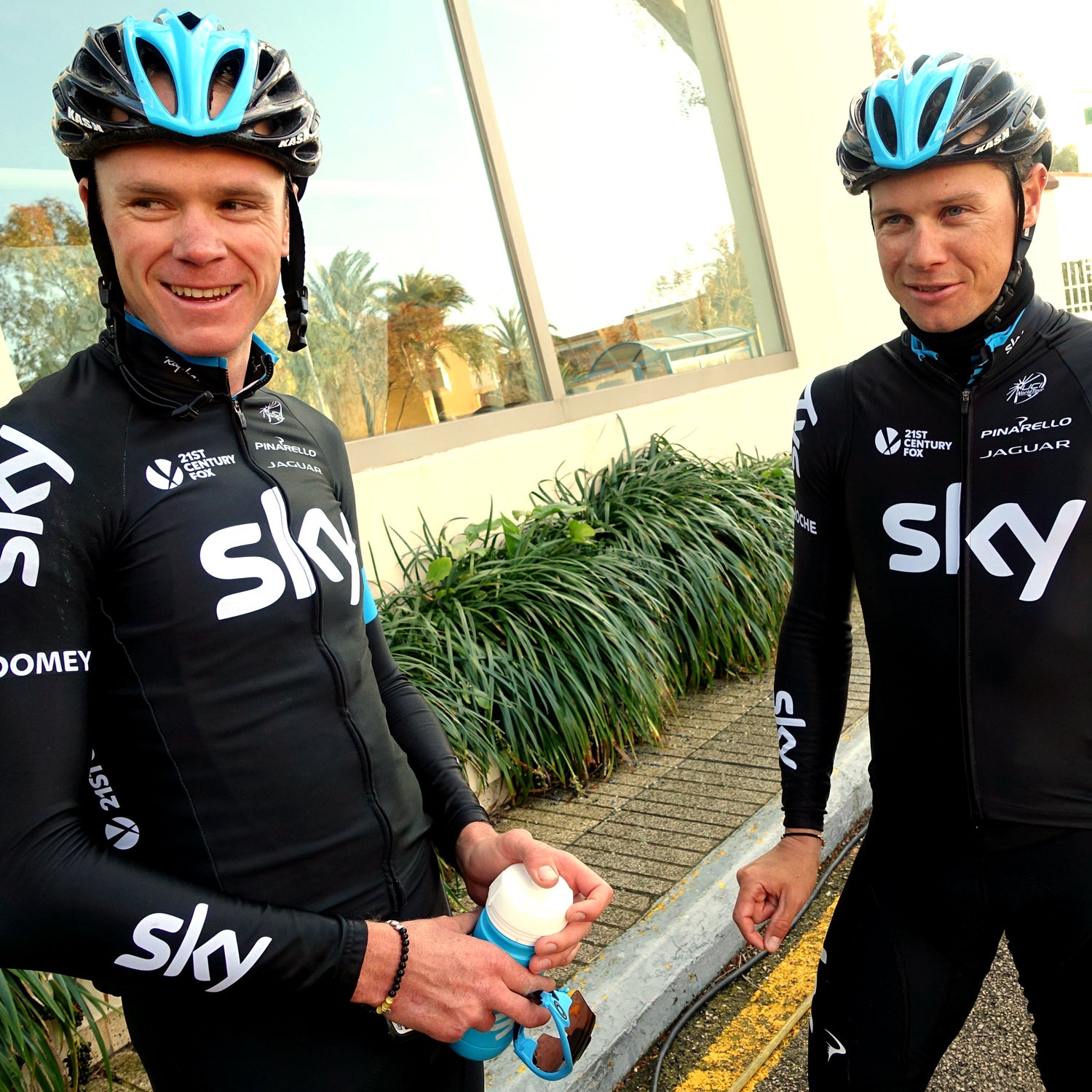It is perhaps only fitting that Team Sky cycling team chose to start its 2015 season off with a training camp at the immaculate in Puerto d’Alcudia, Mallorca. After all, since its inception five years ago, the British team has consistently shown excessive pride in all aspects of their sporting performance.
As part of their raison d’être, the team analyzed and dissected virtually every aspect of cycling. “Marginal gains” became the catchphrase as they searched for minute advantages in aerodynamics, diet, training, and so on. And for several years at least, the ensemble of minimal advantages provided maximal success. For several years at least, Team Sky was synonymous with victory, highlighted by overwhelming wins in the 2012 and 2013 Tours de France by Bradley Wiggins and Christopher Froome.
But that string of successes came to an abrupt halt in 2014. Suddenly the team that seemingly breathed victory could not even buy one. Geraint Thomas in the springtime Paris-Nice race and eventually abandoned the event. Richie Porte, the Australian sensation in 2013, that kept him from obtaining any significant level of success.
[quote]“I think there was a little complacency. I think there was a little bit of a ‘We-have-discovered-the-Holy-Grail’ mentality.”[/quote]
Then came the collapse of Froome himself. A slowed his progress during the spring. He then , a key warm-up race for the Tour de France, while wearing the yellow jersey. And the downward spiral continued in the first week of the Tour de France when he crashed three times in two days. Fracturing his right hand and left wrist, he had no choice but drop out. It was a dismal season, even considering his in September at the Vuelta a España.
“You know, until then we had rarely had such bad luck with our leaders,” Nicolas Portal, Froome’s principal race director, told ���ϳԹ���. “And in 2014 it just rained down on us.”
Understandably, questions swirled. Had the team become complacent or had other teams finally caught up in the eternal search for marginal gains?
Visiting the first Team Sky training camp this year, it became immediately apparent that the team has spent the offseason asking the same questions themselves. And while “marginal gains” may still be the catch phrase, “hungry” is the now new buzzword. Everyone from team general manager Sir David Brailsford to the riders and staff spoke of their hunger to return to the summit of the sport.
“I think there was a little complacency. I think there was a little bit of a ‘We-have-discovered-the-Holy-Grail’ mentality,” Fran Millar said when looking back on the void that was 2014. The sister of now-retired British cyclist David Millar, Fran’s official title is Head of Winning Behavior. As such, she is responsible for keeping the team focused on winning principles that took them to the top in 2012 and 2013. And while Millar’s title may be a bit grandiloquent, Fran, who has worked with the team since its inception, speaks without pretention. “Sometimes getting a bit of a kicking is the best thing that can happen!”

Team leader Chris Froome says that on a personal level he has added five gym sessions of weekly core training to his schedule, something that has relieved him of the nagging back pains. He maintains that the team needs to work on racing together more at the front. “Obviously every bike rider is going to crash,” Froome says. “But there are things you can do to reduce those chances. Learning to move better in the pack. Having a strong team around you. These are all things to can do to avoid crashing.”

At the moment, Froome is focused on winning the Tour de France in 2015 once again. Meanwhile Brailsford is focused on improving what is a cycling team’s equivalent to world-famous British sports-car maker McLaren’s state-of-the-art P1 super car.
“Perfection doesn’t exist. You always strive for it,” Brailsford says. “But it’s unattainable. There is always room to improve. There are always more marginal gains that you can find. It’s funny—if you ever visit the McLaren factory they have all of their cars lined up from every year. And what you see is a steady progression, an evolution. Each year they made the best car they could make. Each year they made a car they didn’t think they could improve upon. And yet each year they made a better car.”


